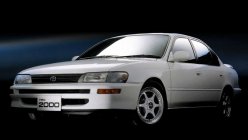Diesel and gasoline engines have been around for more than a century. However, the difference between the two engines is actually more than you could think of.
The truth is, most people don’t have an exact idea. We will help you understand it in the simplest way possible. You decide which engine best suits you.
The difference between Diesel and Gasoline engines
General
The main difference between diesel and gasoline engines is their combustion process. Gasoline engines rely on spark plugs that sends sparks for the fuel to ignite.
On the other hand, diesel utilizes compression ignition, which, from the name itself, ignites the air and fuel mixture by compression and without the use of spark plugs.
Going forward, we have to understand first what compression ratio means and how it affects the overall performance of an engine.
The compression ratio is defined as the ratio of the maximum volume in the cylinder of an internal combustion engine. To illustrate, think of a bow and an arrow, the farther the bow is stretched, the harder the impact will be from the arrow.
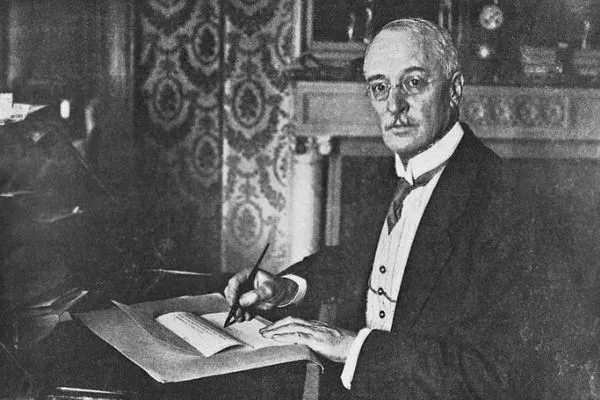
Thank Rudolf Diesel for inventing diesel engine
In the case of compression ratios, the higher the compression ratio is, the higher the efficiency and power as proposed by Rudolf Diesel – best known as the inventor of the diesel engine in the 1890s.
The compression ratio of a gasoline engine ranges from 8:1 to 12:1 while a diesel engine’s compression ratio ranges from 14:1 to 25:1. You may ask, “so diesel engines produce more power?”
The answer is yes. This is the reason why most trucks and vans are diesel engines. Trucks deliver heavy loads, it sure can use a lot of pulling power.
>>> Related:
- What is the difference between regular and premium fuel?
- Pros & cons of buying diesel vs gasoline cars in the Philippines
Air intake
Another big difference between diesel engines and gasoline engines is how they intake air. The gasoline engine relies on a throttle body that consists of a butterfly valve.
It basically controls the amount of air that enters an engine and is controlled by your accelerator pedal. If you happen to find yourself looking at the specifications of cars, you will notice that most diesel engines are turbocharged.
Why you may ask? Turbochargers are used to increase the amount of air intake. The more air, the more power.
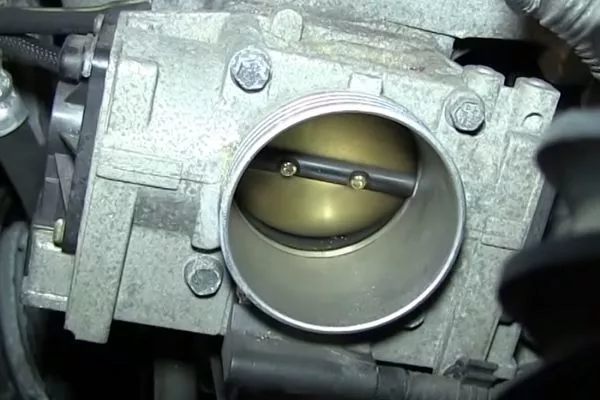
In case you're wondering what a throttle body looks like
>>> Related: Which are better - bigger engines or small turbocharged engines?
Power
You may be once again looking through different car specifications and you noticed that diesel engines have lower horsepower compared to gasoline engines of the same car.
Imagine this: a heavyweight fighter is facing off against a featherweight fighter. The heavyweight fighter may be stronger, but the featherweight fighter is quicker and faster.
This illustration basically explains the difference between diesel engines and gasoline engines.
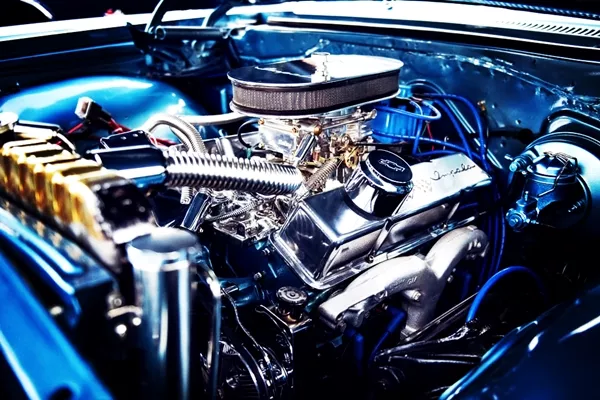
Diesel engines have heavier parts in order to withstand high compression ratio and high pressures
The reason why gasoline engines produce higher horsepower is that the rate of work done is faster compared to those of diesel engines.
Diesel engines, on the other hand, produce more torque because of the higher compression ratio that produces more power.
Diesel engines have heavier parts in order to withstand high compression ratio and high pressures. This is the reason why diesel engines tend to vibrate more than the gasoline engine.
>>> Related: Brief comparison: Diesel engine vs gasoline engine in the Philippines
Fuel
Diesel fuel contains more hydrocarbons than gasoline. For this reason, diesel has 25 to 30 percent more energy than gasoline – making the diesel engine more fuel-efficient and heavier than gasoline.
Diesel engines do not have to burn as much fuel as gasoline engines in order to get the same amount of power. This means that diesel engines have better mileage compared to gasoline mills.
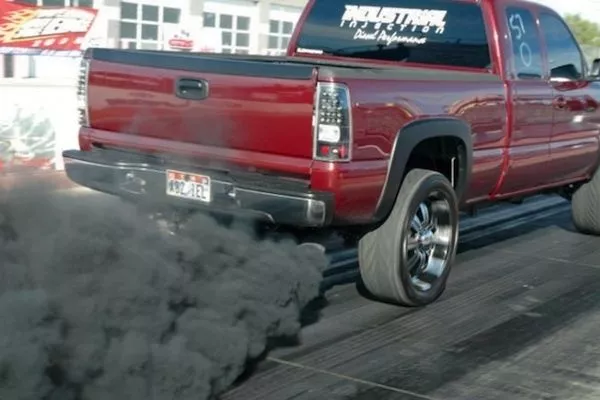
Rolling coal is an illegal act but loved by many diesel fans
However, diesel fuel is infamous for the harm it brings to the environment. Diesel engines produce less carbon than gasoline but produce more nitrogen compounds and pollutants which give diesel engines a bad rep – this is the reason why diesel engines have filters called diesel particulate filter.
>>> Related: 7 Simple Steps to Make Your Car Environment-Friendly
How do they drive on the road?
Let’s put the two vehicles I drive to the test!
The first vehicle is a 2018 Toyota Hiace that carries a whopping 3.0L diesel engine that produces 134 hp and 300 Nm of torque – the second vehicle is a 2009 Honda City that carries a 1.5L gasoline engine that produces 120 hp and 145 Nm of torque. The Hiace’s diesel engine is basically twice the size of the City’s.
I’m used to driving alone in my gasoline engine car to the point that when I have a passenger, I feel like I share the same weight my car is carrying – especially when I have four more passengers with me.
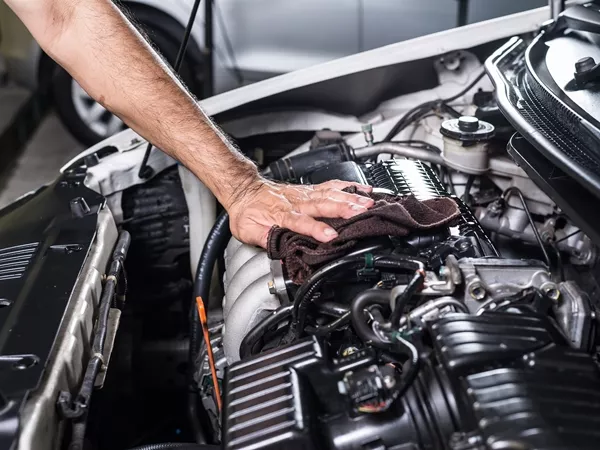
Diesel and gasoline engines have been around for more than a century
I can sense the struggle of my car causing a higher engine RPM in order to produce enough power for the car to move.
Things got different when I got my hands on the Toyota Hiace – with almost a full passenger ride or without a single passenger, the power incredibly stays the same.
This is of course with the help of the high torque the diesel engine has. Although this is bad for the engine, I can run the Hiace from a full stop in the second gear with ease.
However, the Hiace produces more noise and vibration which then takes a toll on the overall comfort. The Honda City, on the other hand, is generally quieter and smooth running.
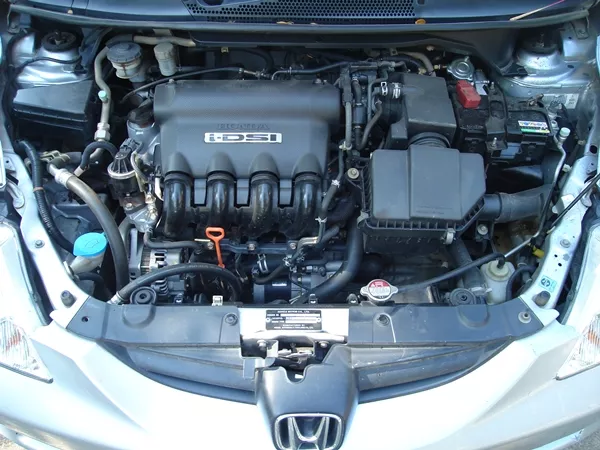
I would say that Honda City’s gasoline engine gave me a better driving experience
Overall, I would say that Honda City’s gasoline engine gave me a better driving experience especially in city driving compared to the diesel engine from the Toyota Hiace.
But I would love to drive the Hiace if I have lots of loads to carry not because of its space but because of the power it brings thanks to the high torque produced by its diesel engine.
Conclusion
There is a long list of pros and cons between diesel engines and gasoline engines – and the list will surely go on and on. So, which engine is better?
Generally, most would agree that gasoline engines are better than diesel engines but we believe it’s down to your preferences.
Gasoline engines are more comfortable, more environmentally friendly, and more refined than diesel ones. Diesel engines produce loud, truck-like sounds and are best known for power and efficiency.
We’ll give you something to think about if you are considering buying a new car. Most diesel engine variants are more expensive than gasoline engine variants.
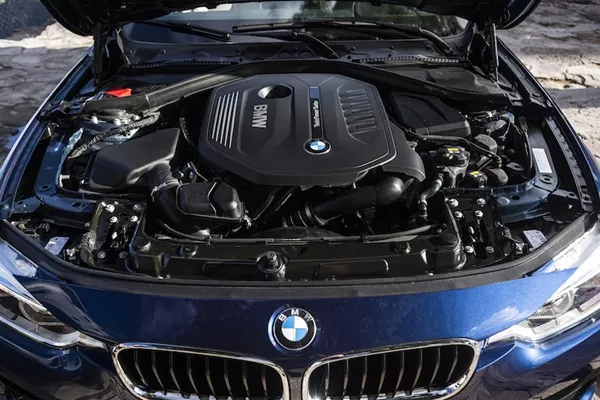
Gasoline engines are more comfortable, more environmentally friendly, and more refined than diesel ones
However, diesel engines last longer. Diesel fuel lubricates the engine, which prolongs the life of the engine, but they cost more to repair and parts are more expensive.
A quick tip is if you are considering getting a diesel engine, learn how to take care of your diesel engine vehicle and it will surely take care of you in the long run.
To give you a quick summary of the two engines – I recommend gasoline engines for short distances with light loads, while I recommend diesel engines for long distances with heavy loads.
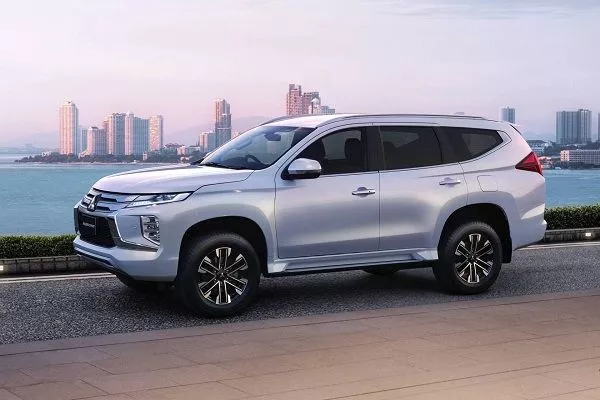
Mitsubishi Montero is the diesel engine we Filipinos know so much about
Recent posts
- How does warming up your engine really affect your vehicle? Dec 21, 2019
- What drivers need to know when not changing engine oil Aug 16, 2022
- 12 myths and facts about engine oil that you should know Aug 09, 2022
- Engine oil myths and what to do when oil leaks happen Aug 17, 2022
- Top 10 best diesel cars in the Philippines Aug 16, 2023


